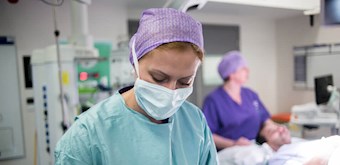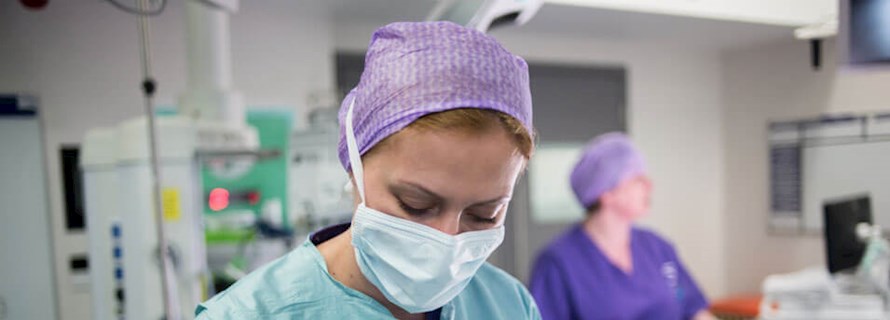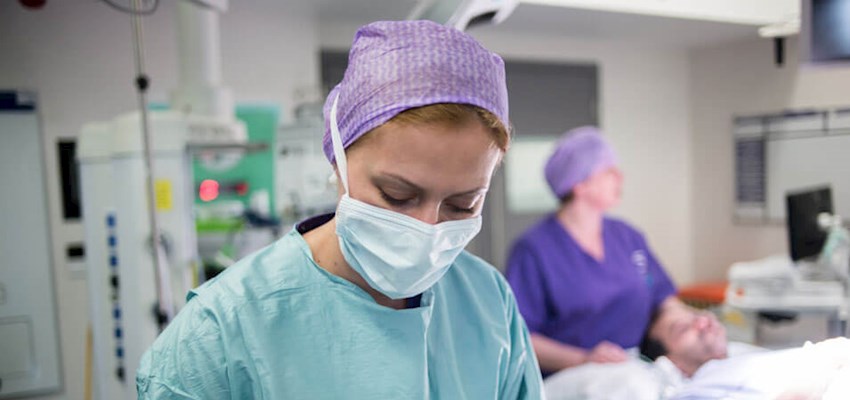Cryotherapy for prostate cancer
A type of focal therapy for prostate cancer
If you've been diagnosed with prostate cancer, cryotherapy is an effective alternative option to radiation and surgery
What is cryotherapy?
Cryotherapy treats prostate cancer and is an alternative treatment to both radiation and surgery. It's a minimally invasive procedure and involves using nitrogen gas to freeze prostate tissue and kill cancer cells. The treatment is most effective for early-stage prostate cancer.
Need to know
-
What happens during treatment? icon plus
During the procedure, a trans-rectal ultrasound (TRUS) probe is passed into the rectum. This helps guide the urologist when they insert a number of thin metal rods through the perineum into the prostate.
A catheter is then inserted into the urethra and filled with warming fluid. Liquid nitrogen is released into the rods and this serves to freeze the isolated areas of tissue that are in contact with the metal, killing the cancerous cells. The urethra is protected from the cold by the warming fluid circulating through the catheter. -
How to prepare for your procedure icon plus
Your consultant will explain the procedure to you and answer any questions you may have. Because you'll be having general anaesthetic, they'll let you know how long you should avoid eating and drinking before surgery.
Like all procedures, there may be some risks and side effects involved. Your consultant will explain these to you. -
After your procedure icon plus
Cryotherapy usually requires an inpatient stay of up to two days but there is very little blood loss and recovery time is only up to two weeks. The side effects include short-term urinary problems and possible injury to the rectum.
Cyrotherapy seems to have a higher success rate than any form of radiotherapy but if all of the cancer cells are not killed during the first treatment then the procedure will need to be repeated.
Our urology consultants
We're proud to work with leading urology experts specialising in prostate cancer, whose skills are matched by their integrity and compassion.




Our locations in London
From complex urological and renal surgery to diagnostic tests and procedures, we provide exceptional urological care across our network of hospitals, outpatient centres and specialist clinics.
Private Cryotherapy in Birmingham
Book an appointment
Our team can help with any enquiries or you can make an appointment with one of our experienced consultants.
Call us today
020 7079 4344
This content is intended for general information only and does not replace the need for personal advice from a qualified health professional.